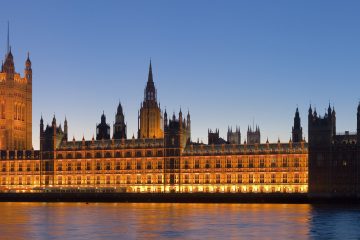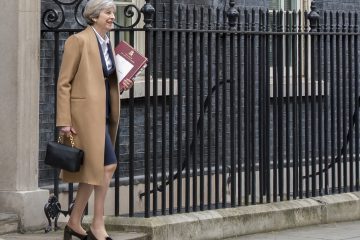Undoing the Fixed Term Parliaments Act
In the month of November, Boris Johnson’s government will most likely instate a committee review of the Fixed Term Parliaments Act (FTPA) with the ultimate goal of fully repealing it. This Act, introduced in 2011, was supposed to fix the date of the general election to be every five years. Its planned repeal is part of a number of sweeping constitutional reforms that would empower the British executive over Parliament, which the Conservative Party vowed to push for in its 2019 electoral manifesto. With the ongoing global pandemic and the protracted Brexit talks with Brussels, the Conservative’s plan to repeal the FTPA have largely flown under the public’s radar. Yet if a repeal goes through, it would have a significant …

The Fixed Term Parliament Act: A Recipe for Constitutional Crisis and Prorogation?
In Introduction to the Study of the Law of the Constitution, A. V. Dicey states: “The necessity for dissolutions stands in close connection with the existence of Parliamentary sovereignty… Where Parliament is supreme, some further security for such harmony is necessary, and this security is given by the right of dissolution, which enables the Crown or the Ministry to appeal from the legislature to the nation.” Elsewhere, Dicey refers to examples of dissolution in 1784 and 1834 as examples of such a convention and argues this is a democratic necessity in a sovereign parliament, to argue that “the Cabinet, when supported by the Crown, and therefore possessing the power of dissolution, can defy the will of a House of Commons …

Prime Minister Theresa May’s Early Election Call and the Fixed-term Parliaments Act
Theresa May has this morning announced that she intends to call a general election on June 8 in a bid to increase the size of her parliamentary majority and to reduce the ability of opposition parties to extract concessions from the government during Brexit negotiations. This raises the question of how she plans to achieve the election, given that the Fixed-term Parliaments Act (2011) removed the Prime Minister’s ability to trigger general elections. Under the Act, an early election can only be called under two conditions; (i) if the government is defeated in a vote of no confidence and parliament does not vote to express confidence in a government within two weeks, or (ii) if a two-thirds parliamentary majority endorses …









